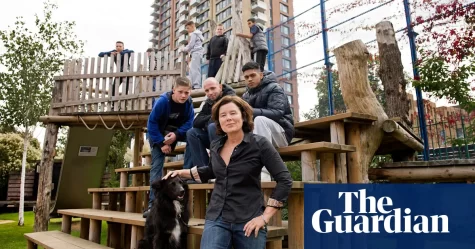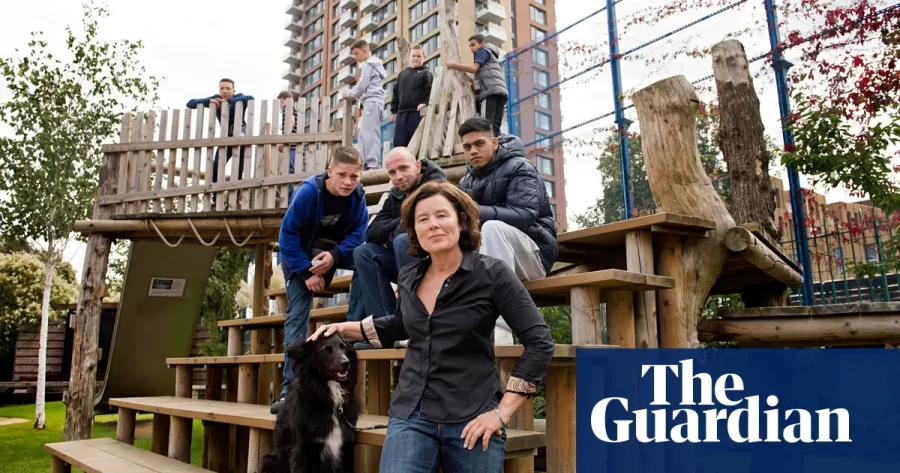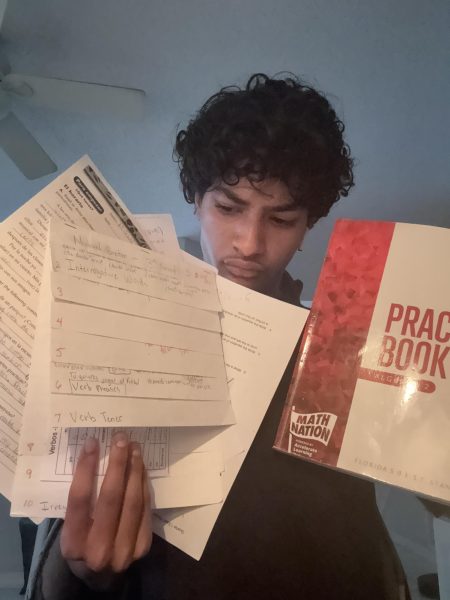Ian Mikardo High, the school with no rules.

“Come with a past, leave with a future.” This is the motto of Ian Mikardo High school, a school for boys, ages 11-16, who’s behavioral problems have led to their expulsion from previous mainstream schools. The majority of the boys came from poverty, broken homes, and trauma-filled pasts. These boys were deemed unteachable, destined for prison, unemployment, a dim light shining on their future.
But this school has no uniforms, no rules, no detentions, and no punishments. Students are on a first-name basis with all of the teachers and staff. For swearing, the adults simply say “Language, please!” and move on. The students can walk out of class. Staff will only intervene in fights if it looks like someone is in danger, but there is still no punishment for getting into a fight.
Headmaster Claire Lillis explains her approach, saying; “We need to play again. We need to be creative. We need to get enjoyment again into our schools and our classrooms.” She also warns against restrictions, saying “The more we try and suppress our youth, [the more likely it is] we will end with another form of riots.” At Ian Mikardo, these boys once deemed “unteachable” learn self control, self trust, and the importance of making mistakes and learning from them.
This school made many other changes to the traditional teaching model. The curriculum is designed to prepare their students for the real world.
In their classes, they…
- Apply academic skills to real life contexts.
- Teach many vocational qualifications.
- Endure talks given by people from many industries, “designed to inspire and open up a world of possibilities.”
- Go on field trips to workplaces within the community, allowing them to try the career for themselves.
- Workshops made to preparing students for life, cooking classes, shop class, etc.
- “Enterprise schemes driven by the students, building confidence in entrepreneurialism and showcasing their creative skills.“
The biggest benefit of this free teaching model is that the kids are able to connect actions to their true consequences. In a mainstream school, the consequence for skipping class would be seen as a detention or a trip to the principal’s office. At Ian Mikardo, the consequence of skipping a class would be that you didn’t get to learn what was taught in class that day. Public schools have strayed so far from the original purpose of school, that students’ focus is no longer on actual learning. Rather, they put effort into school so that they don’t get in trouble. The current school model only teaches to the tests, and “we are even less likely to learn anything good from coerced experiences, things that others have bribed, threatened, bullied, wheedled, or tricked us into doing.” (Singh, M. (Ed.). (2004). Institutionalising lifelong learning. UNESCO Institute for Education.)
School Safety
Your fellow students here at Lake Mary have something to say about schools and safety. I interviewed two students. One of which says that he has witnessed over 15 fights at school. He says that the police officers on campus should make us feel safer, but he fears they might not do anything if an emergency may occur. The other student says that whether you feel safe at school is purely based on luck. While one student might feel perfectly safe, another at the same school can feel the opposite. It just depends on the people you are around, and sometimes is just up to chance.
Schools shouldn’t feel unsafe. We are here to learn, not to fight, to bully, etc. But I understand why. When the system is designed with the wrong ideals in mind, this is what happens. School is mind-numbing, there is no intuition, no creativity, no freedom. How is one meant to learn without those things?
Conclusion
Time to tackle the question you’ve probably been asking this entire time… Do Ian Mikardo’s techniques work? Yes, absolutely. As of 2014, Lillis had been running the school for 13 years. “In the past three years, 97% have gone on to further education, employment, or training and no one has found their way into governmental custody in the past seven years. They make ‘outstanding’ educational progress and leave with a range of vocational and academic qualifications.” Such a drastic change in statistics is sure to make anyone doubtful. The truth, however, is a shocking reality check that shows just how incorrectly we’ve been going about education for the last century.








